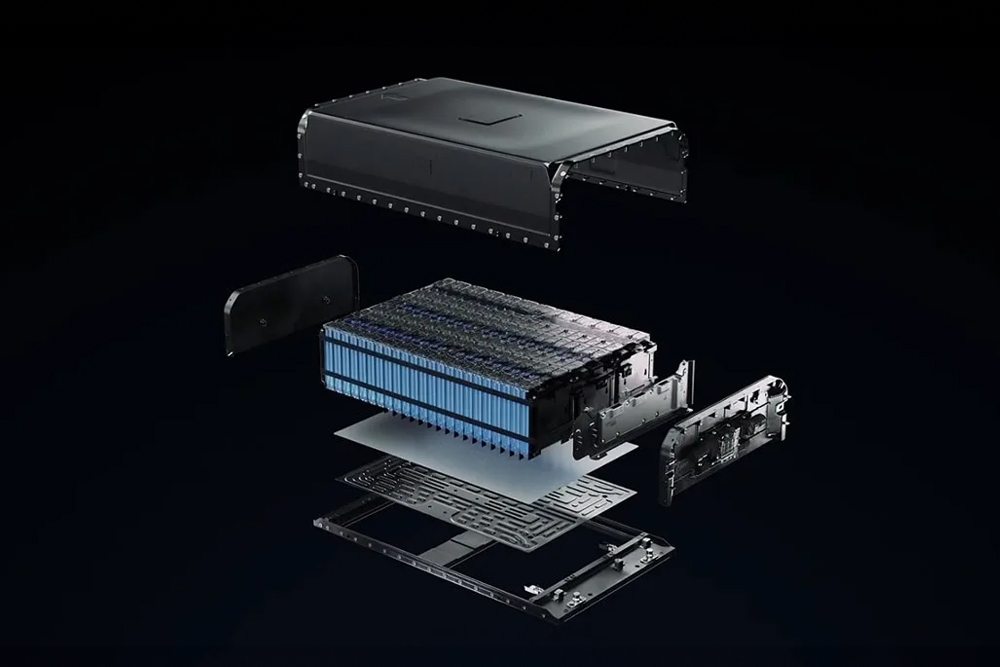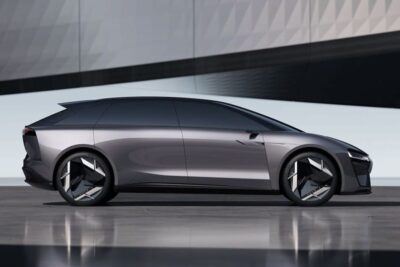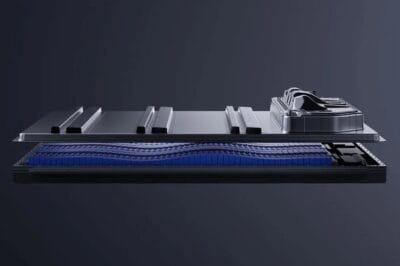China’s battery manufacturers continue to penetrate the EV market
According to SNE Research, batteries installed in electric vehicles last year had a total energy content of 894.4 GWh, which corresponds to an increase of 27.2 per cent compared to the previous year (2023: 703 GWh). All vehicle types with batteries are taken into account, specifically electric vehicles, plug-in hybrids and hybrids that cannot be charged externally. The growth in this battery application area is exorbitant; as recently as 2018, the battery capacity installed in electric cars worldwide was around 100 GWh. The study estimates the annual growth rate between 2017 and 2023 to be 51.1 per cent.
In the manufacturer ranking, CATL remained the undisputed market leader in 2024 with a total capacity of 339.3 GWh, followed by BYD with 153.7 GWh and LG Energy Solution with 96.3 GWh. CALB is another Chinese manufacturer in the top four (39.4 GWh), followed by SK On (39 GWh) and Panasonic (35.1 GWh), as well as Samsung SDI (29.6 GWh) and the Chinese trio Gotion (28.5 GWh), EVE (20.3 GWh) and Sunwoda (18.8 GWh). Most players recorded double-digit growth rates, except Samsung SDI and Panasonic. They were the only companies to lose ground compared to 2023. Business stagnated at LGES.
In the competition between Chinese and Korean companies, the momentum clearly lies with the Chinese. The leading duo CATL and BYD alone have a global market share of 55 per cent; if the other Chinese manufacturers that made the top 10 are included, this figure climbs to 67.1 per cent. In contrast, the global market share of the three South Korean battery companies LG Energy Solution, SK On and Samsung SDI was only 18.4 per cent in 2024, almost five percentage points less than in the previous year. Only SK On saw a notable increase with a growth rate of 12.4 per cent, but remained well below the overall market growth of 27.2 per cent.
The market researchers conclude that the electric vehicle battery business continues to grow, but that opposing trends prevail in the individual regions: “Chinese companies are expanding their global market share based on the domestic market, and Korean battery manufacturers must react strategically to defend their market share in the face of growing uncertainty in the US and European markets,” the analysts say. In addition, pre-emptive investments and strategic alliances are crucial to expand market share in emerging markets. “To secure leadership in tomorrow’s global battery market, differentiated technological capabilities and building a sustainable supply chain – rather than simply expanding production capacity – are key competitive advantages,” said SNE Research.
sneresearch.com (in Korean)





0 Comments